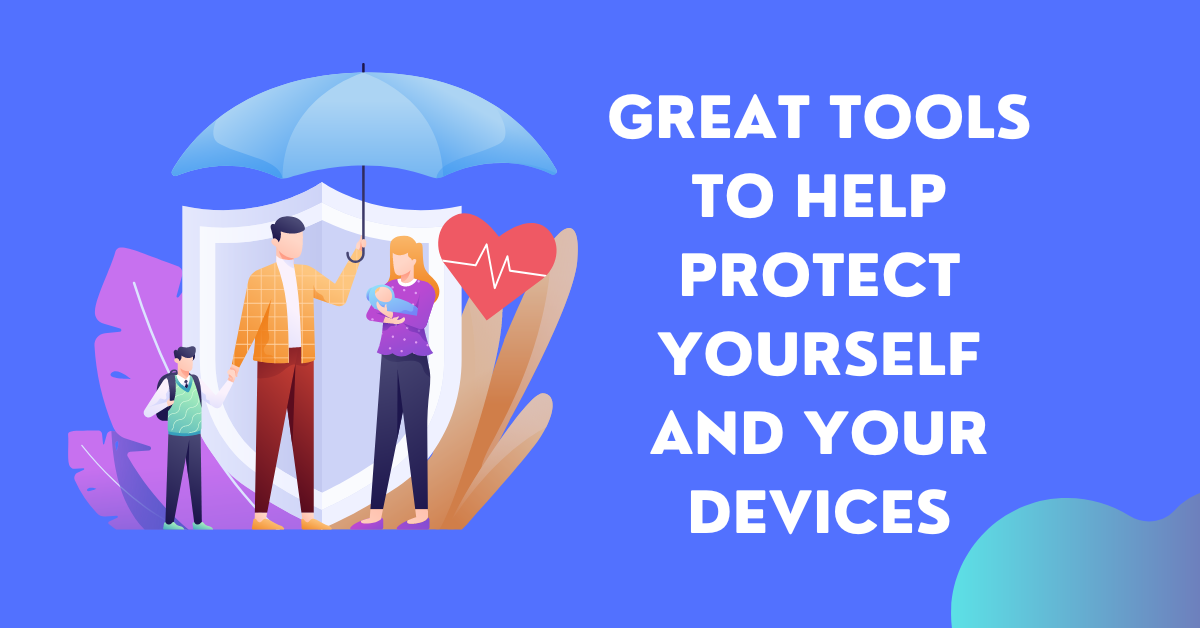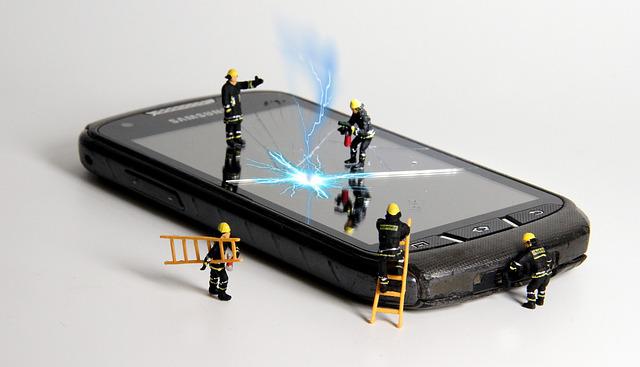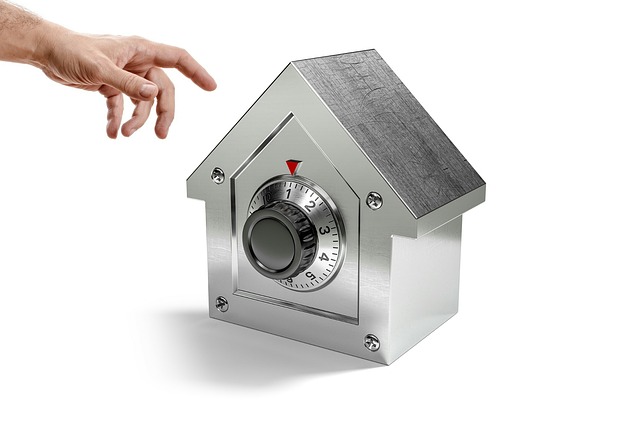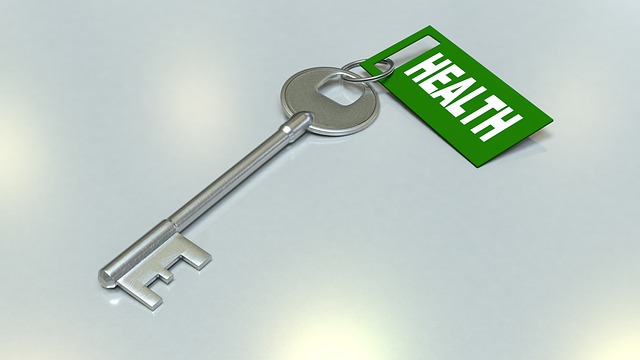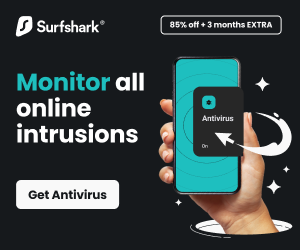This post will show you great tools to help protect yourself and your devices.
Protecting yourself from the dangers of day-to-day life is one of the most important and difficult things that you could ever aspire to do. By its very nature, life is dangerous.
However, there are plenty of tools that you can turn to your advantage to help keep yourself and your belongings safe.
This article aims to outline some of the most useful tools that you can make use of.
READ ALSO: Ultimate Digital Privacy Guide: Protect Your Data Today
Table of Contents
Protecting Your Devices
First and foremost, you will probably want to consider the various ways in which you can protect your devices from potential theft or harm. This is an essential thing to do as your devices are easily some of the most important things that you will ever own.
Your mobile phone, for example, will often have so much secure information and importance in your life that it is almost inconceivable not to protect it. However, people often wholly fail to protect their phones from some of the most common threats out there.
Tools like an antivirus for your phone go underutilized entirely by most of the population simply because people don’t think about the need to protect your phone in that manner. In addition to antivirus, however, there are plenty of other tools that you can utilize to help further protect your devices.
- A VPN can be a great way to protect your devices from potential dangers further and safeguard your anonymity online.
- Compressed air and other cleaning tools are essential for allowing you to clean out your devices and protect them from potential damage from overheating.
- Cases and similar devices are useful ways to protect your mobile devices from damaging themselves when dropped, much like screen protectors can keep your phone screens from getting destroyed.
What’s more, devices like ghostchat.net’s military-encrypted phones even come with a high level of protection so that you don’t have to protect the device yourself.
CHECK OUT: SecureBlitz Cybersecurity Resource Center
Protecting Your Home
Devices aside, one of the most important things that you will need to protect is your home. There are plenty of things that could potentially threaten your home and bring turmoil to your life, from potential thieves to water damage and other environmental dangers.
Fortunately, there are also plenty of things that you can do to help safeguard your home.
You can install anti-theft devices like burglar alarms. Plus, you can invest in insurance options that help to cover not only theft but also damages to your home from a variety of potential causes. In this way, you can help to keep yourself and your home safe.
READ ALSO: Student Cybersecurity: 4 Simple Tips for Safety
Protecting Your Health
Finally, one of the most important things you can do to help protect yourself during life is to ensure that you are protecting your health. There are plenty of elements within life that can threaten your health and by doing what you can to protect it, you ensure that you have a better quality of life.
Fortunately, there are tools to help you protect your health just as much as there are to protect anything else. From food tracking apps that can ensure you are keeping a good diet to treadmills and other exercise machines, these tools can help to ensure you make choices that will safeguard your health and keep your life quality high.
Great Tools To Help Protect Yourself And Your Devices: Frequently Asked Questions
In today’s digital world, protecting your devices and data is crucial. Here are some frequently asked questions (FAQs) about the tools and methods you can use to safeguard yourself:
What methods can we use to protect your devices?
A layered approach using various tools and practices is most effective for device protection. Here are some key methods:
- Security Software:
- Antivirus and Anti-malware: Install a reputable antivirus and anti-malware program to detect and remove malicious software that can steal data or harm your device. Keep the software updated for the latest protection.
- Firewalls: Firewalls act as a barrier between your device and the internet, filtering incoming and outgoing traffic to prevent unauthorized access. Most operating systems come with built-in firewalls, but you can also consider additional firewall software.
- Strong Passwords and Multi-Factor Authentication (MFA):
- Strong Passwords: Use unique, complex passwords for all your online accounts. Avoid using easily guessable information like birthdays or pet names. Consider using a password manager to help you create and manage strong passwords.
- Multi-Factor Authentication (MFA): Enable MFA whenever possible. This adds an extra layer of security by requiring a second verification step beyond just your password, such as a code from your phone or a fingerprint scan.
- Operating System and Software Updates: Always keep your operating system (Windows, macOS, Android, iOS) and software applications updated with the latest security patches. These updates often address vulnerabilities that hackers might exploit.
- Be Wary of Phishing Attempts: Phishing emails and websites try to trick you into revealing sensitive information like passwords or credit card details. Don’t click on suspicious links or attachments in emails, and be cautious of unsolicited messages.
- Data Backups: Regularly back up your important data to an external hard drive or cloud storage service. This ensures you can recover your data in case of a device malfunction, cyberattack, or accidental deletion.
- Physical Security: Keep your devices in a safe place when not in use. Be mindful of your surroundings when using your devices in public places.
What tools can be used to protect your computer?
The tools mentioned above apply to computers as well. Here are some additional points to consider:
- Encryption: Encrypting your hard drive can protect your data from unauthorized access, even if your computer is stolen or hacked.
- Virtual Private Networks (VPNs): VPNs encrypt your internet traffic and mask your IP address, adding an extra layer of security when using public Wi-Fi networks.
READ ALSO: Top 11 Dangerous VPN Providers to Avoid in 2024
What are the technologies or tools that can be used to protect information?
The tools mentioned previously are some of the technologies used to protect information. Here’s another layer of security to consider:
- Password Managers: These tools help you generate, store, and manage strong, unique passwords for all your online accounts. This eliminates the need to remember multiple passwords or reuse weak ones.
What tools or software are used to protect data and devices?
The previously mentioned tools (antivirus, firewalls, password managers, etc.) are the primary software tools used to protect data and devices.
What are the ways to secure your mobile device?
Many of the methods mentioned above also apply to mobile devices (smartphones and tablets). Here are some additional tips for mobile security:
- Download Apps from Reputable Sources: Only download apps from official app stores (Google Play Store, Apple App Store) to minimize the risk of downloading malware.
- Enable Screen Lock and Find My Device Features: Use a strong PIN, fingerprint, or facial recognition to lock your screen and prevent unauthorized access. Enable “Find My Device” features (Android) or “Find My iPhone” (iOS) to locate your lost or stolen device.
- Be Cautious with Public Wi-Fi: Avoid accessing sensitive information or financial accounts when using public Wi-Fi networks. Consider using a VPN for added security.
What is one way to protect your personal devices and information?
While there’s no single foolproof method, using a combination of strong passwords, Multi-Factor Authentication, security software updates, and being cautious about online activities significantly reduces the risk of cyberattacks and data breaches.
INTERESTING POSTS
About the Author:
Mikkelsen Holm is an M.Sc. Cybersecurity graduate with over six years of experience in writing cybersecurity news, reviews, and tutorials. He is passionate about helping individuals and organizations protect their digital assets, and is a regular contributor to various cybersecurity publications. He is an advocate for the adoption of best practices in the field of cybersecurity and has a deep understanding of the industry.
Christian Schmitz is a professional journalist and editor at SecureBlitz.com. He has a keen eye for the ever-changing cybersecurity industry and is passionate about spreading awareness of the industry's latest trends. Before joining SecureBlitz, Christian worked as a journalist for a local community newspaper in Nuremberg. Through his years of experience, Christian has developed a sharp eye for detail, an acute understanding of the cybersecurity industry, and an unwavering commitment to delivering accurate and up-to-date information.


